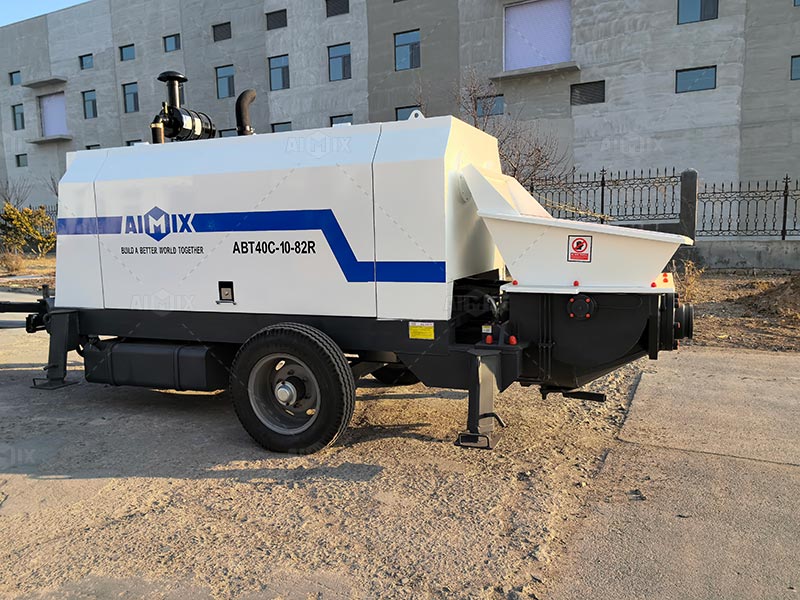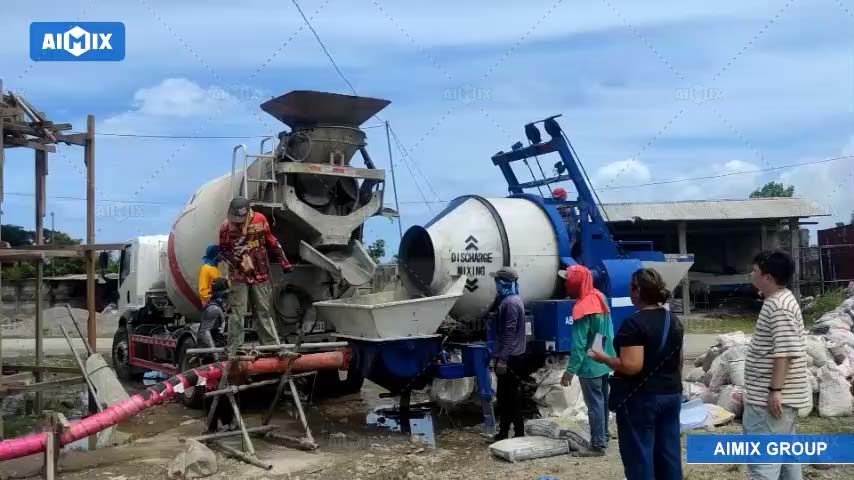Concrete pumps are essential equipment in construction projects, facilitating the efficient and precise delivery of concrete to various locations on the site. However, the operation of concrete pumps poses inherent risks, necessitating stringent regulations and standards to ensure safety and compliance with quality requirements.
In South Africa, like many other countries, specific regulations and standards govern the sale and operation of concrete pumps to safeguard workers, the public, and the environment. Understanding these regulations and standards is crucial for both manufacturers and users of concrete pumps in South Africa.
The Regulatory Landscape
1. National Standards and Codes
In South Africa, concrete pumps must adhere to national standards and codes set forth by regulatory bodies such as the South African Bureau of Standards (SABS) and the Department of Employment and Labour. These standards define the minimum requirements for the design, construction, operation, and concrete pump maintenance to ensure safety and performance.
Concrete pump manufacturers must obtain certification from relevant authorities, demonstrating compliance with applicable national standards. This certification process involves rigorous testing and inspection of the equipment to verify its functionality, reliability, and safety features.

2. Occupational Health and Safety Regulations
Concrete pump operations are subject to occupational health and safety regulations aimed at protecting workers from hazards associated with equipment use. In South Africa, the Occupational Health and Safety Act (OHSA) and its associated regulations govern workplace safety, including the operation of construction machinery such as concrete pumps.
These regulations mandate measures such as regular inspections, maintenance, and training for operators to prevent accidents and injuries. Concrete pump users must ensure compliance with OHSA requirements to create a safe working environment and avoid legal liabilities.
3. Environmental Regulations
Concrete pump operations can have environmental impacts, primarily related to noise, emissions, and waste management. To mitigate these impacts, concrete pump manufacturers and users must comply with environmental regulations set by government agencies such as the Department of Environmental Affairs.
These regulations may include noise level limits, emission standards for diesel-powered pumps, and guidelines for proper waste disposal. Compliance with environmental regulations is essential to minimize the ecological footprint of concrete pump operations and protect the surrounding environment. Check some info about pump here: https://concretemixerwithpump.com/.
Importance of Compliance
1. Ensuring Worker Safety
Compliance with regulations and standards is paramount for ensuring the safety of workers involved in concrete pump operations. Adherence to safety protocols and equipment specifications reduces the risk of accidents, injuries, and occupational illnesses, fostering a conducive work environment.

By following prescribed guidelines for equipment maintenance, inspection, and operation, employers can create a culture of safety and minimize the likelihood of workplace incidents. Prioritizing worker safety not only protects human lives but also enhances productivity and morale on construction sites.
2. Enhancing Equipment Performance
Regulatory compliance contributes to the overall performance and reliability of concrete pumps, ensuring that they meet quality standards and deliver consistent results. By adhering to design and manufacturing requirements, manufacturers can produce high-quality pumps that withstand rigorous use and operate efficiently in diverse construction conditions.
For users, compliance with maintenance and operational guidelines helps optimize the performance and longevity of concrete pumps for sale South Africa. Regular inspections and servicing prevent mechanical failures and downtime, allowing projects to proceed smoothly and on schedule.
3. Upholding Legal and Ethical Obligations
Non-compliance with regulations and standards exposes both manufacturers and users of concrete pumps to legal and ethical risks. Failure to meet safety and environmental requirements can result in legal penalties, fines, and reputational damage, undermining business credibility and profitability.
By proactively ensuring compliance with applicable regulations, stakeholders in the concrete pump industry demonstrate their commitment to ethical business practices and corporate responsibility. Compliance not only mitigates legal liabilities but also fosters trust and confidence among clients, investors, and regulatory authorities.
Conclusion
In conclusion, concrete pumps must meet specific regulations and standards for sale in South Africa, encompassing national standards, occupational health and safety regulations, and environmental requirements. Compliance with these regulations is essential for ensuring worker safety, enhancing equipment performance, and upholding legal and ethical obligations. By adhering to prescribed guidelines and best practices, stakeholders in the concrete pumping equipment industry can promote a culture of safety, sustainability, and professionalism in construction operations.